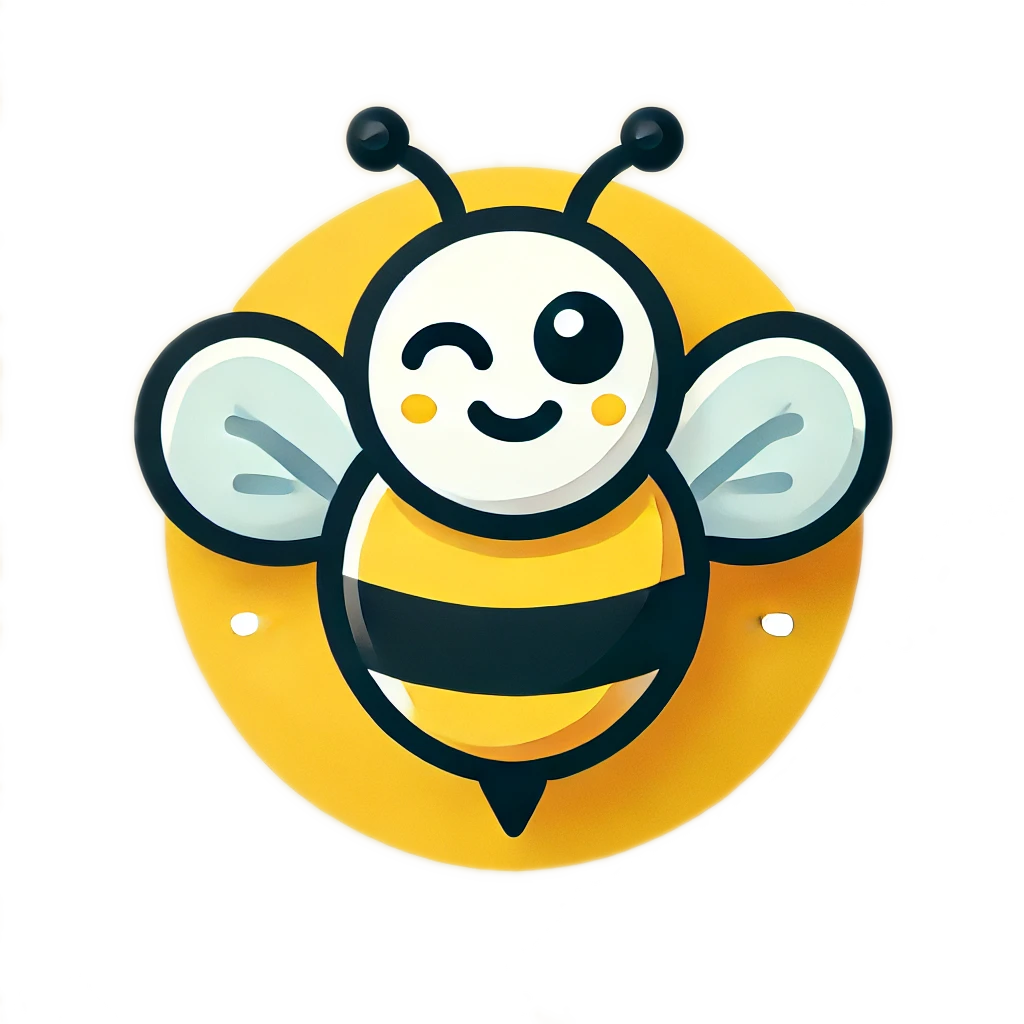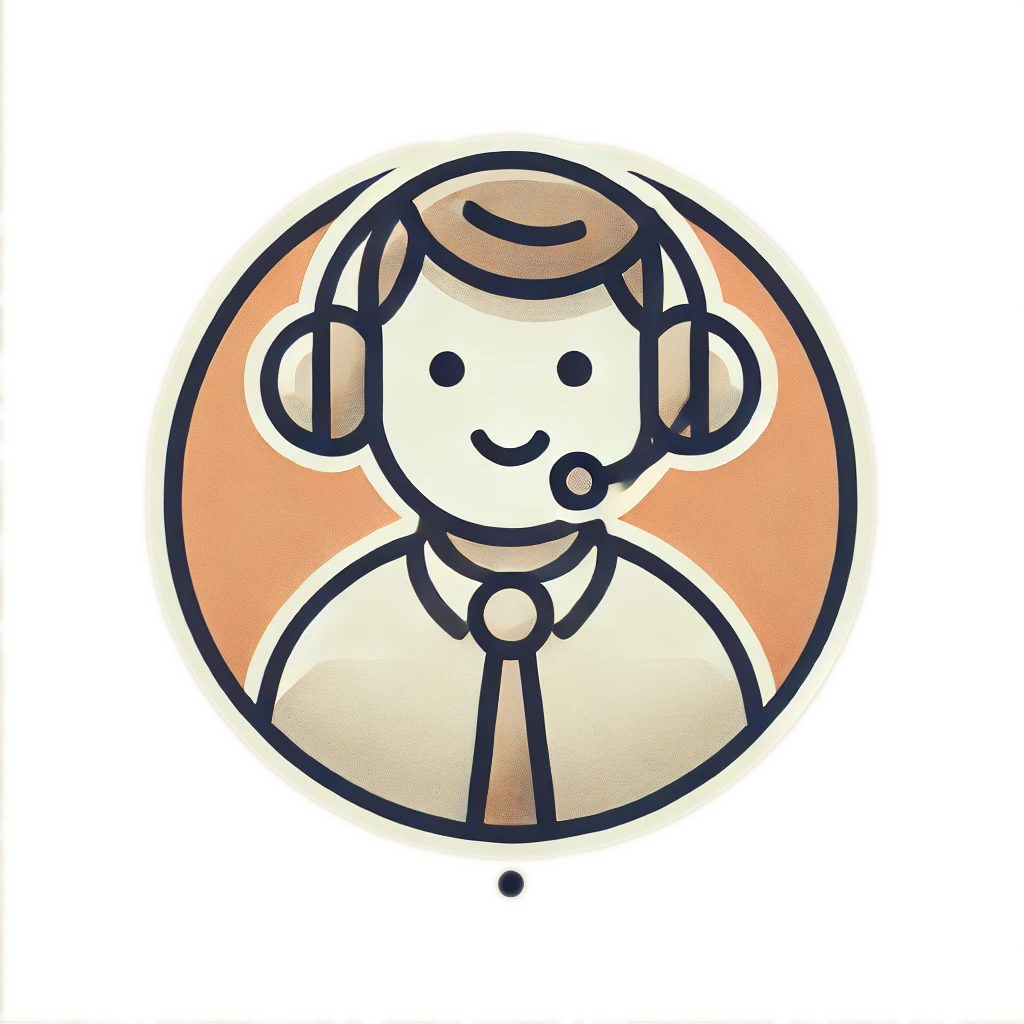※テスト問題の解答を確認するためページを下にスクロールした際、問題が見えなくなります。なるべくズームアウトし、画面全体を縮小してからご覧ください。
(1)
A: Dad, can I ask you some questions about my science project tomorrow?
お父さん、明日、私の科学プロジェクトについていくつか質問してもいいですか?
B: Of course, Sally. You can ask me ( ).
もちろん、サリー。いつでも質問していいよ。
1
along
一緒に
2
almost
ほとんど
3
abroad
海外
4
anytime
いつでも
(2)
A: Do you need some new basketball shoes this year, Judy?
今年、新しいバスケットボールシューズが必要ですか、ジュディ?
B: Yes, Mom. The shoes I wore last year aren’t big ( ) anymore.
はい、お母さん。去年履いていた靴はもう十分なサイズではありません。
1
enough
十分
2
forward
前方
3
half
半分
4
else
他の
(3)
Philip couldn’t find his car keys anywhere. He looked in his desk and his bag. ( ), he found them in his jacket pocket.
フィリップはどこにも車の鍵を見つけられませんでした。彼は机とバッグを調べました。( ) 彼はそれをジャケットのポケットで見つけました。
1
Especially
特に
2
Finally
最終的に
3
Heavily
重く
4
Mainly
主に
(4)
A: My brother can speak five languages. He’s also a great chess player.
私の兄は5つの言語を話せます。彼はチェスも得意です。
B: Wow, he’s really ( ).
わあ、彼は本当に( )ですね。
1
tired
疲れた
2
short
背が低い
3
heavy
重い
4
clever
賢い
(5)
A: I eat fruits and vegetables every day and don’t eat much candy.
私は毎日果物と野菜を食べて、キャンディーはあまり食べません。
B: That’s very ( ).
それはとても( )ですね。
1
healthy
健康的
2
noisy
騒がしい
3
round
丸い
4
sharp
鋭い
(6)
A: We’re planning a birthday party for Dad, but it’s a ( ).
お父さんの誕生日パーティーを計画していますが、それは秘密です。
B: OK, I won’t tell him!
わかった、彼には言わないよ!
1
secret
秘密
2
ceiling
天井
3
system
システム
4
danger
危険
(7)
A: There are too many books in my bag.
私のバッグには本が多すぎます。
B: I can ( ) some for you.
いくつか運んであげるよ。
1
pick
選ぶ
2
find
見つける
3
carry
運ぶ
4
build
建てる
(8)
A: Can you take care ( ) my dog when I’m away on vacation?
休暇中、私の犬の世話をしてもらえますか?
B: Sure, I’d be happy to!
もちろん、喜んで!
1
of
〜の世話をする
2
into
〜の中へ
3
before
〜の前に
4
by
〜のそばに
(9)
A: You don’t look well. What’s the ( )?
具合が悪そうですね。どうしたんですか?
B: I have a stomachache.
お腹が痛いです。
1
matter
問題
2
wallet
財布
3
face
顔
4
gift
贈り物
(10)
Jun has a lot of homework to do today. It’ll take him ( ) day to finish it.
ジュンは今日たくさんの宿題があります。それを終えるのに一日かかるでしょう。
B:
それを終えるのに一日かかるでしょう。
1
little
少し
2
every
毎日
3
hard
難しい
4
all
全部
(11)
A: This juice is delicious!
このジュースは美味しいですね!
B: Yes, it’s made ( ) fresh oranges. I drink it every morning for breakfast.
はい、新鮮なオレンジで作られています。私は毎朝朝食にそれを飲んでいます。
1
to
〜へ
2
through
〜を通して
3
from
〜から
4
over
〜を超えて
(12)
A: Janet, how much is a bus ticket?
ジャネット、バスのチケットはいくらですか?
B: It’s $2. Pay the money when you ( ) on the bus.
2ドルです。バスに乗るときにお金を払ってください。
1
make
作る
2
get
乗る
3
tell
言う
4
put
置く
(13)
Every morning, Melanie wakes up early ( ) playing the piano before she goes to school.
メラニーは毎朝早く起きて、学校に行く前にピアノを弾きます。
1
to practice
練習するために
2
practice
練習する
3
practiced
練習した
4
practices
練習する
(14)
A: I need some shoes, but I don’t know ( ) to go shopping.
靴が必要ですが、どこで買い物をすればいいかわかりません。
B: Try the mall. There are lots of shoe stores there.
モールに行ってみてください。そこにはたくさんの靴屋があります。
1
whose
誰の
2
why
なぜ
3
where
どこ
4
who
誰
(15)
Because Jonas was very hungry after his gym training, he went to a restaurant. He ( ) a lot of food at that time.
ジョナスはジムのトレーニングの後、とてもお腹が空いていたので、レストランに行きました。その時、彼はたくさんの食べ物を食べました。
1
to eat
食べるために
2
ate
食べた
3
eat
食べる
4
eaten
食べた
(16)
Girl 1: I’m looking forward to going to the movies tomorrow. ( )
Girl 1: 明日、映画に行くのを楽しみにしています。
Girl 2: How about twelve o’clock? We can have lunch first.
Girl 2: 12時はどうですか?先に昼食を食べられます。
Girl 1: Good idea.
Girl 1: いい考えですね。
1
How long will it last?
どのくらい続くでしょうか?
2
What time should we meet?
何時に会いましょうか?
3
How far is it?
どのくらい遠いですか?
4
What kind would you like?
どの種類がいいですか?
(17)
Man: That was a delicious dinner.
夕食はとても美味しかったです。
Woman: Really? ( ) It was too spicy for me.
本当ですか?私は辛すぎました。
1
I can eat yours.
あなたのを食べられますよ
2
I didn’t think so.
そうは思いませんでした
3
I’ll do it.
私がやります
4
I used chopsticks.
私は箸を使いました
(18)
Teacher: I need to take these history books to the classroom. ( )
これらの歴史の本を教室に持っていかないといけません。
Student: All right, Mrs. Rose.
わかりました、ローズ先生。
1
Can you give me a hand?
手を貸してくれますか?
2
How do you know that?
それをどうやって知りましたか?
3
Can I see your notebook?
ノートを見せてもらえますか?
4
When is your next class?
次の授業はいつですか?
(19)
Father: Jane is going to the movies this afternoon. ( )
ジェーンは今日の午後映画に行きます。
Son: I can’t. I’m going to my friend’s house.
私は行けません。友達の家に行きます。
1
What else do you need?
他に何が必要ですか?
2
Didn’t you like it?
それが気に入りませんでしたか?
3
Which one did you see?
どれを見ましたか?
4
Why don’t you go with her?
彼女と一緒に行ったらどうですか?
(20)
Son: I didn’t win the speech contest today.
今日、スピーチコンテストに勝てませんでした。
Father: That’s OK. ( ) so I’m proud of you.
大丈夫だよ。( )、私はお前を誇りに思うよ。
Son: Thanks, Dad.
ありがとう、お父さん。
1
This is the answer
これが答えです
2
That’s my report
これが私の報告です
3
You did your best
最善を尽くしましたね
4
I like speaking
話すのが好きです
(1) | A: Dad, can I ask you some questions about my science project tomorrow?お父さん、明日、私の科学プロジェクトについていくつか質問してもいいですか? | |
B: Of course, Sally. You can ask me ( ).もちろん、サリー。いつでも質問していいよ。 |
1 |
along
一緒に |
|
2 |
almost
ほとんど |
|
3 |
abroad
海外 |
|
4 |
anytime
いつでも |
(2) | A: Do you need some new basketball shoes this year, Judy?今年、新しいバスケットボールシューズが必要ですか、ジュディ? | |
B: Yes, Mom. The shoes I wore last year aren’t big ( ) anymore.はい、お母さん。去年履いていた靴はもう十分なサイズではありません。 |
1 |
enough
十分 |
|
2 |
forward
前方 |
|
3 |
half
半分 |
|
4 |
else
他の |
(3) | Philip couldn’t find his car keys anywhere. He looked in his desk and his bag. ( ), he found them in his jacket pocket.フィリップはどこにも車の鍵を見つけられませんでした。彼は机とバッグを調べました。( ) 彼はそれをジャケットのポケットで見つけました。 |
1 |
Especially
特に |
|
2 |
Finally
最終的に |
|
3 |
Heavily
重く |
|
4 |
Mainly
主に |
(4) | A: My brother can speak five languages. He’s also a great chess player.私の兄は5つの言語を話せます。彼はチェスも得意です。 | |
B: Wow, he’s really ( ).わあ、彼は本当に( )ですね。 |
1 |
tired
疲れた |
|
2 |
short
背が低い |
|
3 |
heavy
重い |
|
4 |
clever
賢い |
(5) | A: I eat fruits and vegetables every day and don’t eat much candy.私は毎日果物と野菜を食べて、キャンディーはあまり食べません。 | |
B: That’s very ( ).それはとても( )ですね。 |
1 |
healthy
健康的 |
|
2 |
noisy
騒がしい |
|
3 |
round
丸い |
|
4 |
sharp
鋭い |
(6) | A: We’re planning a birthday party for Dad, but it’s a ( ).お父さんの誕生日パーティーを計画していますが、それは秘密です。 | |
B: OK, I won’t tell him!わかった、彼には言わないよ! |
1 |
secret
秘密 |
|
2 |
ceiling
天井 |
|
3 |
system
システム |
|
4 |
danger
危険 |
(7) | A: There are too many books in my bag.私のバッグには本が多すぎます。 | |
B: I can ( ) some for you.いくつか運んであげるよ。 |
1 |
pick
選ぶ |
|
2 |
find
見つける |
|
3 |
carry
運ぶ |
|
4 |
build
建てる |
(8) | A: Can you take care ( ) my dog when I’m away on vacation?休暇中、私の犬の世話をしてもらえますか? | |
B: Sure, I’d be happy to!もちろん、喜んで! |
1 |
of
〜の世話をする |
|
2 |
into
〜の中へ |
|
3 |
before
〜の前に |
|
4 |
by
〜のそばに |
(9) | A: You don’t look well. What’s the ( )?具合が悪そうですね。どうしたんですか? | |
B: I have a stomachache.お腹が痛いです。 |
1 |
matter
問題 |
|
2 |
wallet
財布 |
|
3 |
face
顔 |
|
4 |
gift
贈り物 |
(10) | Jun has a lot of homework to do today. It’ll take him ( ) day to finish it.ジュンは今日たくさんの宿題があります。それを終えるのに一日かかるでしょう。 | |
B:それを終えるのに一日かかるでしょう。 |
1 |
little
少し |
|
2 |
every
毎日 |
|
3 |
hard
難しい |
|
4 |
all
全部 |
(11) | A: This juice is delicious!このジュースは美味しいですね! | |
B: Yes, it’s made ( ) fresh oranges. I drink it every morning for breakfast.はい、新鮮なオレンジで作られています。私は毎朝朝食にそれを飲んでいます。 |
1 |
to
〜へ |
|
2 |
through
〜を通して |
|
3 |
from
〜から |
|
4 |
over
〜を超えて |
(12) | A: Janet, how much is a bus ticket?ジャネット、バスのチケットはいくらですか? | |
B: It’s $2. Pay the money when you ( ) on the bus.2ドルです。バスに乗るときにお金を払ってください。 |
1 |
make
作る |
|
2 |
get
乗る |
|
3 |
tell
言う |
|
4 |
put
置く |
(13) | Every morning, Melanie wakes up early ( ) playing the piano before she goes to school.メラニーは毎朝早く起きて、学校に行く前にピアノを弾きます。 |
1 |
to practice
練習するために |
|
2 |
practice
練習する |
|
3 |
practiced
練習した |
|
4 |
practices
練習する |
(14) | A: I need some shoes, but I don’t know ( ) to go shopping.靴が必要ですが、どこで買い物をすればいいかわかりません。 | |
B: Try the mall. There are lots of shoe stores there.モールに行ってみてください。そこにはたくさんの靴屋があります。 |
1 |
whose
誰の |
|
2 |
why
なぜ |
|
3 |
where
どこ |
|
4 |
who
誰 |
(15) | Because Jonas was very hungry after his gym training, he went to a restaurant. He ( ) a lot of food at that time.ジョナスはジムのトレーニングの後、とてもお腹が空いていたので、レストランに行きました。その時、彼はたくさんの食べ物を食べました。 |
1 |
to eat
食べるために |
|
2 |
ate
食べた |
|
3 |
eat
食べる |
|
4 |
eaten
食べた |
(16) | Girl 1: I’m looking forward to going to the movies tomorrow. ( )Girl 1: 明日、映画に行くのを楽しみにしています。 | |
Girl 2: How about twelve o’clock? We can have lunch first.Girl 2: 12時はどうですか?先に昼食を食べられます。 | ||
Girl 1: Good idea.Girl 1: いい考えですね。 |
1 |
How long will it last?
どのくらい続くでしょうか? |
|
2 |
What time should we meet?
何時に会いましょうか? |
|
3 |
How far is it?
どのくらい遠いですか? |
|
4 |
What kind would you like?
どの種類がいいですか? |
(17) | Man: That was a delicious dinner.夕食はとても美味しかったです。 | |
Woman: Really? ( ) It was too spicy for me.本当ですか?私は辛すぎました。 |
1 |
I can eat yours.
あなたのを食べられますよ |
|
2 |
I didn’t think so.
そうは思いませんでした |
|
3 |
I’ll do it.
私がやります |
|
4 |
I used chopsticks.
私は箸を使いました |
(18) | Teacher: I need to take these history books to the classroom. ( )これらの歴史の本を教室に持っていかないといけません。 | |
Student: All right, Mrs. Rose.わかりました、ローズ先生。 |
1 |
Can you give me a hand?
手を貸してくれますか? |
|
2 |
How do you know that?
それをどうやって知りましたか? |
|
3 |
Can I see your notebook?
ノートを見せてもらえますか? |
|
4 |
When is your next class?
次の授業はいつですか? |
(19) | Father: Jane is going to the movies this afternoon. ( )ジェーンは今日の午後映画に行きます。 | |
Son: I can’t. I’m going to my friend’s house.私は行けません。友達の家に行きます。 |
1 |
What else do you need?
他に何が必要ですか? |
|
2 |
Didn’t you like it?
それが気に入りませんでしたか? |
|
3 |
Which one did you see?
どれを見ましたか? |
|
4 |
Why don’t you go with her?
彼女と一緒に行ったらどうですか? |
(20) | Son: I didn’t win the speech contest today.今日、スピーチコンテストに勝てませんでした。 | |
Father: That’s OK. ( ) so I’m proud of you.大丈夫だよ。( )、私はお前を誇りに思うよ。 | ||
Son: Thanks, Dad.ありがとう、お父さん。 |
1 |
This is the answer
これが答えです |
|
2 |
That’s my report
これが私の報告です |
|
3 |
You did your best
最善を尽くしましたね |
|
4 |
I like speaking
話すのが好きです |
本番に出る単語をたくさん勉強しましょう。下に出ていることばをクリック❕


Leave a Reply